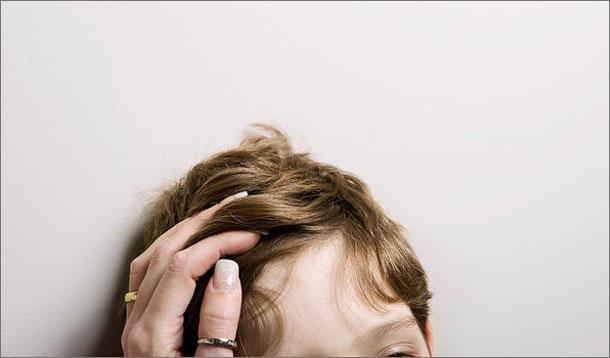
To mark the International Day against Homophobia and Transphobia, TD employees are speaking out about their first-hand experiences in the lesbian, gay, bisexual, and transgender (LGBT) community. Following the much-publicized suicides of Jamie Hubley and others like him, this candid video further opens the dialogue on bullying and teen suicide as it affects LGBT youth.
Some of the videos sad, startling stats:
TD Bank Group employees bravely share their experiences in the hope of "making it better now," instead of waiting for it to get better as per recent anti-bullying campaigns. Crucial, say the employees, is the role of 'allies'—be it family, friends, the workplace, or community—for support.
"It is hard to be different in an environment that doesn't celebrate your difference," says TD's President and CEO, Ed Clark. "The issue isn't you...The issue is a group of people who are trapped in historical prejudice and anger which has no place in a modern society."
Clark stresses the role we all have to play in supporting LGBT youth.
What are you waiting for? Watch it. Share it. Live it.

Let's talk about sex, baby. Or maybe, if we're in Ottawa, we'll just whisper instead...That's what residents seem to be saying about the sex exhibit opening up at the Canada Science and Technology Museum.
The exhibition, which showed with little to no controversy or complaint in both Montreal and Regina, has the public in the nation's capital all hot and bothered. And it doesn't even officially open until Friday.
Sex: A Tell-All Exhibition is intended to educate teenagers in the ways of sex. Following a slew of complaints, the museum has been lobbied into raising the admission age to 16. All those under that age must be accompanied by an adult.
Ironically, the age restriction means much of the exhibit's target audience—those just starting to experience physical and emotional changes of puberty—won't get to see it.
It remains to be seen how the show is received at other science centres throughout the country.
“Sexuality is important to teenagers,” said Louise Julie Bertrand, head of exhibitions at the Montreal Science Centre. “Our main audience is youth at the science centre, so we felt we had to deal with a subject that really touches them. Most of them are going through puberty so it’s a big topic for them...We felt we had to give them the right information.”
The graphic exhibit features full-frontal images, life-sized replicas of men and women bodies through the ages. The physical aspect of sex is explained, but also the gamut of emotions, from love to anxiety.

First there was that kid called Damien. Then, more recently, one called Kevin. We need to talk about pint-sized psychopaths...Are they born or bred?
Well, according to the New York Times Magazine, psychologists now believe that children as young as five can demonstrate traits indicative of the “cold, predatory conduct most closely associated with adult psychopathy.”